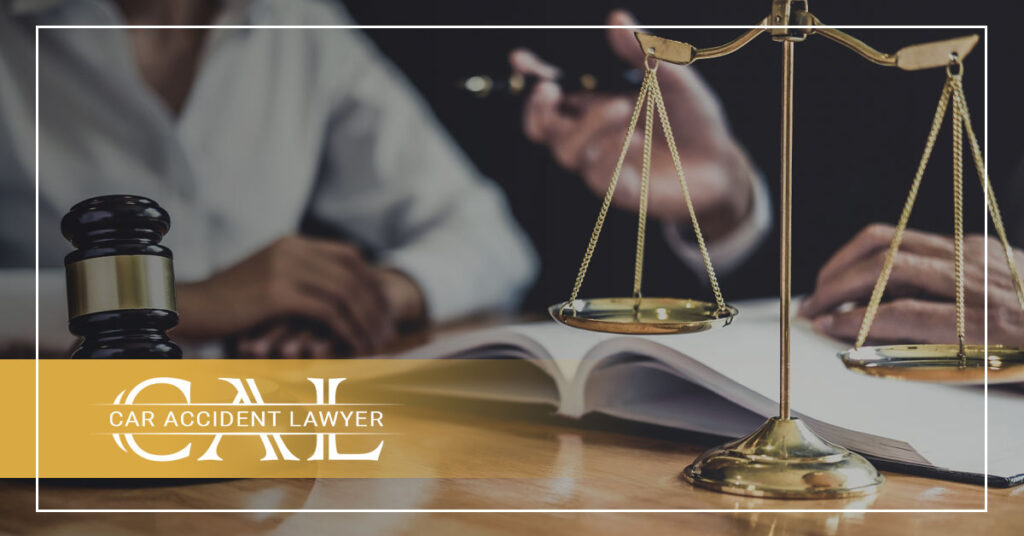REQUEST A FREE CONSULTATION
CALL US TODAY AT 813-544-3648
The state of Florida will have amended personal injury laws after 2025, and these changes will truly affect potential claimants’ rights and claims after an accident. It will be vital for you and someone close to you hurt through negligence to understand these changes and their effects. If a claim requires your consideration, knowing how these changes affect your rights will help you make the right decision.
House Bill 837 and Florida Tort Reform: Key Changes
The legislators who introduced Florida House Bill 837 claimed it would benefit the state by balancing the interests of plaintiffs and defendants, reducing frivolous lawsuits, and creating a level playing field. However, the actual impact of HB 837 has proven to be far more detrimental than initially suggested. Key changes include:
- Statute of limitations reductions
- Modifications to the negligence system
- Revisions to bad-faith insurance claims
- Changes in how medical damages are calculated
- Limitations on attorney fees
Although the statute was sold as a win-win for both plaintiffs and defendants, many detractors say it adds to the burdens on injury victims. These obstacles manifest in what are higher standards for evidence, truncated filing deadlines, lesser damages, and more constrained civil causes of action.
HB 837 is a game changer in Florida personal injury laws. Injury victims must have a complete understanding of these changes before they take any action on a claim.
Reduced Statute Limitations
The statute of limitations has been reduced in Florida’s personal injury laws. Before March 24, 2023, injured individuals could pursue legal action for up to four years. In most cases, the new statute of limitations is two years.
This shorter time frame recognizes the necessity to proceed quickly in any action taken after an injury. A delay could damage your case and leave you without medical expenses, lost wages, and other losses that you are entitled to. So, if you feel you have a case, you need to act on it right away. Call Car Accident Lawyer for a free consultation!
Modified Comparative Negligence
Florida also has a modified comparative fault standard. If you are found more than half responsible for an incident, you cannot recover compensation. Florida had previously used a system of pure comparative fault. It allowed for partial compensation regardless of the degree of fault.
The focus is currently on the fault’s verification. After an accident causing injury, it is crucial to compile witnesses, reports, and other supporting papers. Our lawyers will assist you in creating a strong argument proving you were not the main responsible person.
Damage Caps & Limitations on Compensation
Florida’s 2025 tort reform has reshaped personal injury law—and not in favor of injury victims. House Bill 837 delivered sweeping limitations, particularly with caps on financial recovery.
Key Changes You Should Know:
Noneconomic Damages Cap: Victims can now receive no more than $500,000 for noneconomic damages, which include:
- Pain and suffering
- Emotional distress
- Loss of enjoyment of life
Example: A dog bite victim may suffer lifelong anxiety or fear of going outside. Despite the lasting emotional toll, their recovery for these damages is now capped.
Punitive Damages Cap: These are designed to punish the defendant, not to compensate the victim. Under the new law, punitive damages are capped at:
- $2 million, or
- Three times the amount of compensatory damages, whichever is greater.
Reduced Total Recovery: Even in cases where misconduct is severe, victims might recover far less than they would have under prior law.
Recent Civil Procedure Updates Under Florida Personal Injury Law
Florida’s legal landscape shifted significantly on January 1, 2025. House Bill 837 brought sweeping changes to civil procedure. Designed to streamline case management and discovery, these reforms have made self-representation more challenging, especially when navigating Florida Personal Injury Law without legal counsel.
REQUEST A FREE CONSULTATION
CALL US TODAY AT 813-544-3648
Why Civil Procedure Changes Matter
All civil cases must now be assigned to one of three tracks—each with its own deadlines and procedural demands:
- Track 1: Straightforward cases with minimal discovery.
- Track 2: Standard personal injury cases requiring routine disclosures and fact gathering.
- Track 3: Complex or large-loss cases involving expert testimony and voluminous evidence.
Once assigned, clients must comply immediately with the track’s structured timeline. That means early disclosures, prompt scheduling conferences, and strict adherence to discovery deadlines. Missteps here can delay a case or weaken your position.
Why Civil Procedure Changes Matter
Mandatory Case Management Tracks
In Florida, all civil cases are now assigned to one of three tracks, which are basic, standard, or complex, with strict deadlines and procedures. After being assigned, parties are expected to schedule early disclosures and case management to avoid delays or prejudice.
Early Initial Disclosures
The deadline to file initial disclosures by the parties is 20 days after the filing. This should consist of witness contact information, pertinent evidence, and a damages calculation. As disclaimers are very case-specific, and they can also have a damaging effect on your case, these disclosures, once made, are very difficult to change.
Proportional Discovery & Duty to Supplement
Discovery must now be proportional to the needs of the case. Additionally, parties must update their responses if new information arises. Failure to comply may result in sanctions.
Summary Judgment Timing
Deadlines for responding to summary judgment motions are now based on the date the motion is served, not the hearing date. This shortens the response window, making timely action crucial.
Pre-Motion Conferences
Before filing certain motions, parties must confer in good faith to try to resolve issues informally. While intended to reduce unnecessary filings, this requirement may extend proceedings if not approached efficiently.
Fewer Continuances
Continuances are now harder to obtain without a compelling reason. Missed deadlines or unpreparedness may result in lost opportunities to present evidence or arguments.
Workers’ Compensation Reimbursement Changes
New legislation has also altered Florida’s payment of workers’ compensation. These modifications aim to streamline the claim procedure and shorten the wait for obtaining benefits. By concentrating on reimbursement rates, this might lower the charges for healthcare professionals’ services. The adjustments could cover stricter deadlines to submit claims and new standards for medical documentation. Knowing these developments is vital since they may influence the amount of compensation injured employees get.
However, understanding these new laws will help you get what you deserve after a workplace accident. A lawyer can help you avoid errors that delay or reduce benefits while guiding you through the claim process.
Contact Car Accident Lawyer in Florida
Particularly given recent adjustments, navigating Florida’s personal injury regulations can be difficult. With many years of cumulative experience assisting injured victims in obtaining just compensation, Car Accident Lawyer‘s seasoned attorneys are able. Should you have been hurt as a result of someone else’s carelessness or in an automobile accident, our legal team can assist you.
If you or someone near you has been hurt, do not wait. For a free consultation and experienced legal advice, contact Car Accident Lawyer at (844) 970–4370.


